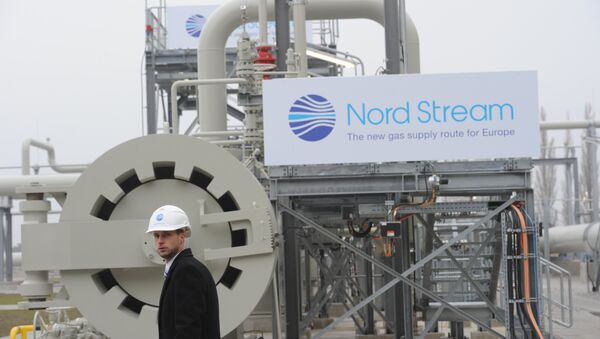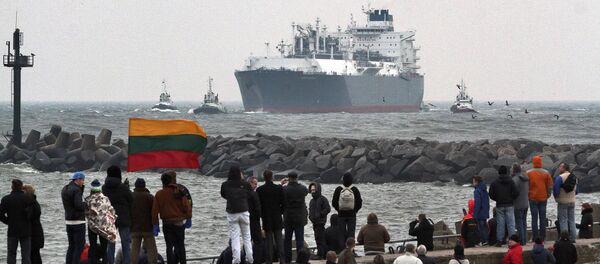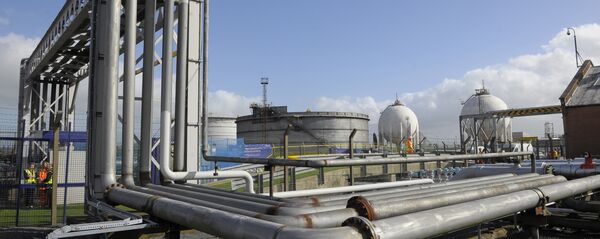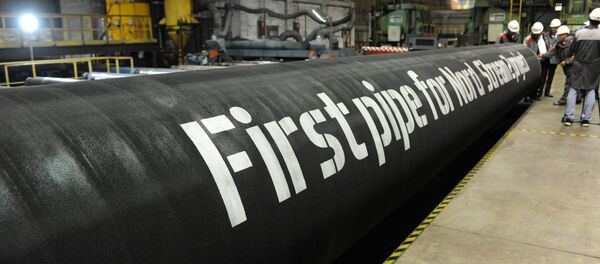In an interview with Sputnik France, Perrin said that there are several different reasons why Russia will definitely keep its share on the European energy market.
"First, Russia is currently the main natural gas supplier to the European Union, accounting for up to 35 percent of supplies. Second, for decades, Russia has been supplying gas to Europe’s leading nations. Moreover, Russia holds enormous reserves of natural gas. Some estimates suggest that they are the largest in the world," the expert pointed out.
Finally, he added, a pipeline network between Russia and Europe has been in operation for years, which enables Russia’s gas-producing giant Gazprom to easily meet additional European needs for gas supplies.
"I don’t understand the skepticism of Brussels towards the Nord Stream 2 pipeline. Europe will continue to need Russian gas in the future. The influence of the US on the European gas market is insignificant. Taking into account its limited export capacities, Washington will never be able to replace Russian gas in Europe," Adeli told the German newspaper Handelsblatt.
Perrin expressed confidence that no matter what the European Union will decide on Nord Stream 2, Russia will continue to be the largest gas supplier for Europe in the long-run.
"None of the leading European countries, be it Germany, France, Italy or the United Kingdom, doubts this fact," the expert added.
The European energy market has recently become a battleground between Washington and Moscow, with the US trying to topple Russia as the main supplier of natural gas to the EU.
In June the US began exporting LNG to Eastern Europe with the first shipment arriving in Poland on June 8. Washington has long been saying it would help European allies decrease their dependence on Russian energy imports.
Nord Stream 2 presumes the construction of two gas pipelines with a combined annual capacity of 55 billion cubic meters of gas and is planned to be laid along a route from the Russian coast through the Baltic Sea to a hub in Germany. The pipeline is scheduled to become fully operational in 2019. Shell, Engie, OMV, Uniper and Wintershall are Gazprom's partners on the project.
Another factor which the experts stress is cost. US-produced LNG is no match for Russian natural gas in the European market since Russian gas is cheaper. What is also very important is that pipeline deliveries are much more stable and convenient in comparison with the delivery by sea tankers.




